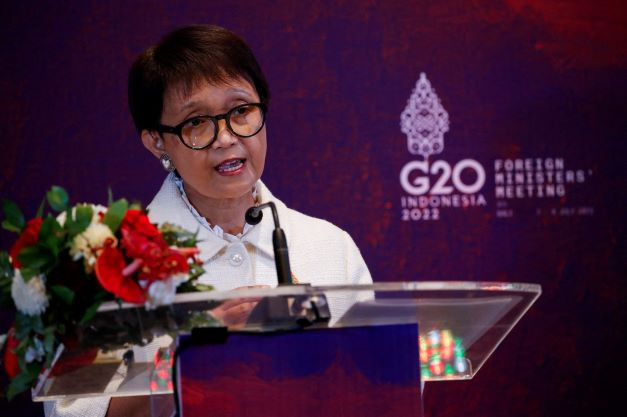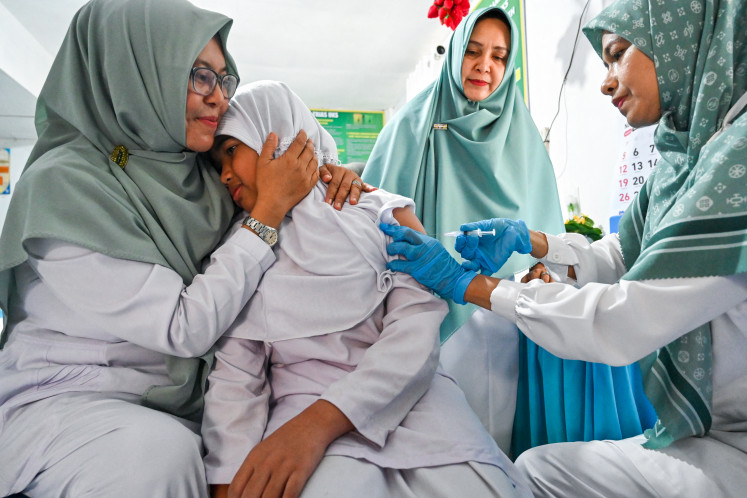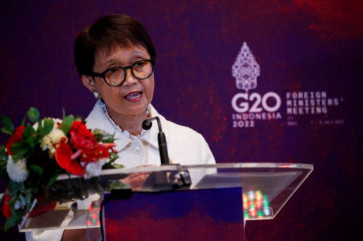Popular Reads
Top Results
Can't find what you're looking for?
View all search resultsPopular Reads
Top Results
Can't find what you're looking for?
View all search resultsIndonesia's quiet feminist foreign policy: What next?
While Indonesia has been quietly pushing feminist diplomacy on the international stage, it has yet to come out and embrace the concept as its foreign policy approach.
Change text size
Gift Premium Articles
to Anyone
T
he 77th anniversary of Indonesian independence is a good time to reflect on the country’s foreign policy trajectory. Although it is always maturing and evolving, Indonesia has managed to hold steadfast to its doctrine of bebas aktif (free and active).
Coined in 1948 by then-prime minister Mohammad Hatta for a new nation balancing the tumultuous rivalries between the world’s superpowers, this doctrine is arguably still relevant today. Yet, as time passes, we need to ponder what we can improve and build our legacy on.
Compared to the early days of Indonesia’s diplomacy, which was dominated by men, the nation’s diplomatic affairs is currently helmed by the first, and hopefully not the last, female foreign minister, Retno L.P. Marsudi. Her appointment was said to be a symbol of breaking the glass ceiling, and perhaps Indonesia is ready to adopt a feminist foreign policy (FFP), also called feminist diplomacy.
FFP is an inclusive approach to diplomacy, according to an article published by The Asia Foundation. It supports gender equity for women’s meaningful participation in diplomatic practice and discourse, and also works on advancing gender equality. It also applies gender lens to examine issues often overlooked in high-level diplomacy, such as human development, health and migration, as well as to rethink global power structure.
What feminist foreign policy brings differently to the table is the belief that foreign policy can be a mechanism for equality, justice, solidarity and peace, according to the Centre for Feminist Foreign Policy (CFFP). The concept rests on the understanding that the best way to wield power is by empowering, not overpowering, others.
FFP was first adopted by developed and Western countries, including Sweden (2014), Canada (2017) and France (2019). Subsequently, emerging countries started discussing its adoption, such as Mexico (2020), Japan (2021) and India (2021). Adoption of this policy is supported by research showing that countries promoting gender equality enjoy a better quality of governance (V.M. Hudson et al, International Security Vol 33, No. 3) and are less likely to experience civil war (C. Clark, Texas A&M Today, March 30, 2020).
We argue that, true to Indonesia’s tradition of quiet diplomacy that eschews issuing big statements, Jakarta has taken steps toward applying feminist diplomacy.



















